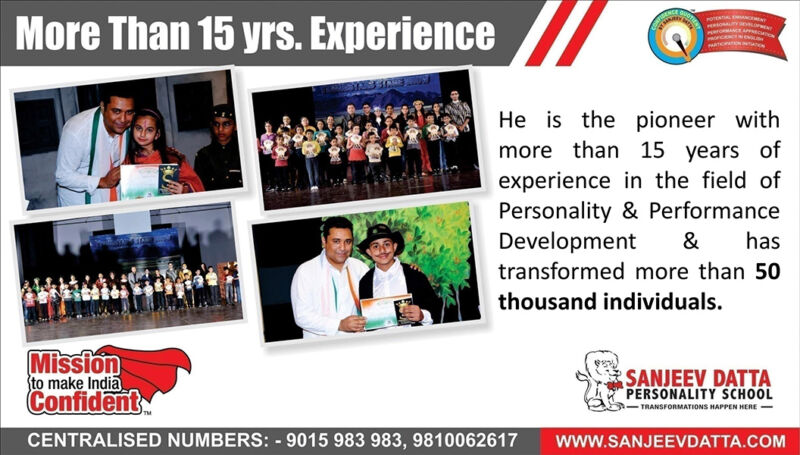Informal education is a term used to describe the learning process in settings other than the conventional classroom. Informal education, in contrast to formal education, which is frequently regimented and directed by a predetermined curriculum, is more malleable and adaptable to each student’s requirements and pursuits. It can take place in various locations, including the participant’s home, a community center, a library, or even online. In the following paragraphs, we will discuss the characteristics of informal education as well as the significance of this type of learning in today’s environment.
Characteristics of Informal Education
- Learning That Is Not Structured
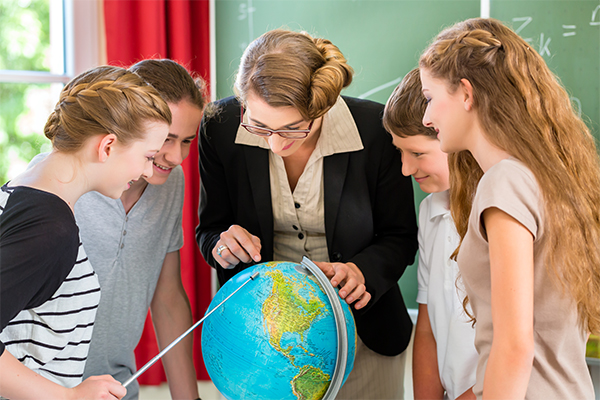
The lack of a predetermined curriculum is one of the most distinguishing features of informal learning and one of the most important. Informal education is characterized by greater adaptability and adaptability to the needs and interests of the student, in contrast to formal education, which often adheres to a fixed curriculum and schedule. Because of this, individuals can learn at their own pace and in a manner tailored to best suit their preferred mode of learning.
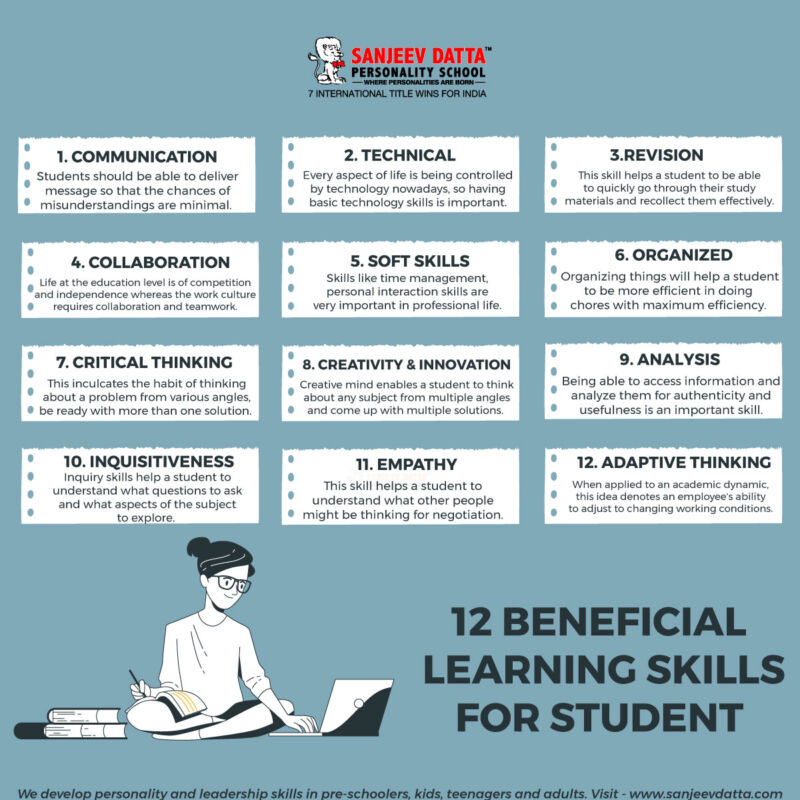
2. Studying on One’s Own Accord
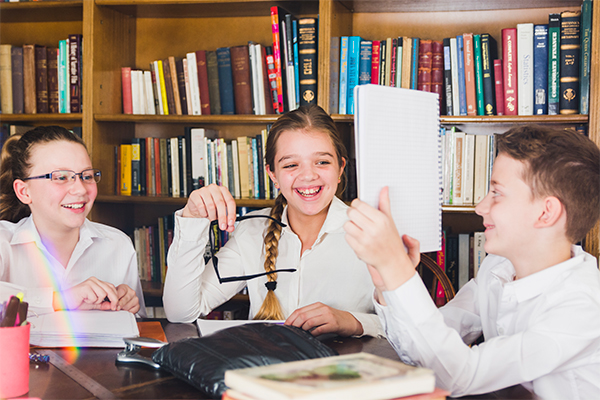
Self-directed education is also given a large amount of weight in informal educational settings. Learners are urged to take personal responsibility for their education and to determine the goals and interests that are most important to them. Learners who have a greater stake in the results of their education are more likely to be motivated and engaged in the learning process, which can help to build a sense of motivation and engagement. Such students must consider joining the best personality development school to learn some of the valuable lessons to develop a strong personality.
3. The Situation in Real Life
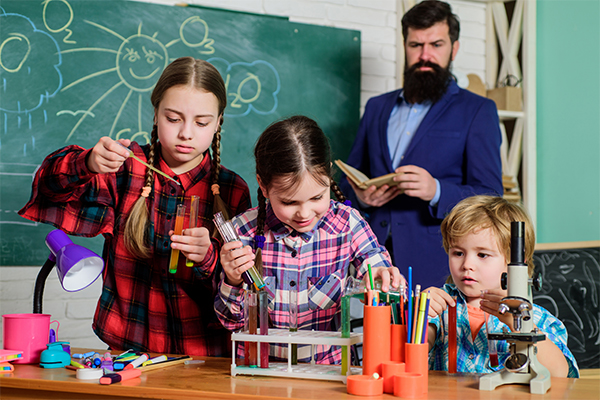
In contrast to formal education, which typically takes place in simulated or theoretical settings, informal education frequently occurs in authentic settings. This can assist learners in understanding how the principles they are learning connect to their everyday lives, which in turn can make the learning experience more relevant and interesting for the learner.
Visit: creative learning activities for kids
4. Learning Through Experience

Experiential learning is a common component of informal education. This type of learning requires learners to take an active role in the educational process by participating in hands-on activities and having experiences that are grounded in the real world. This mode of education can be particularly useful in assisting students in retaining information and applying that information in real-world scenarios.
5. Learning Through Collaboration
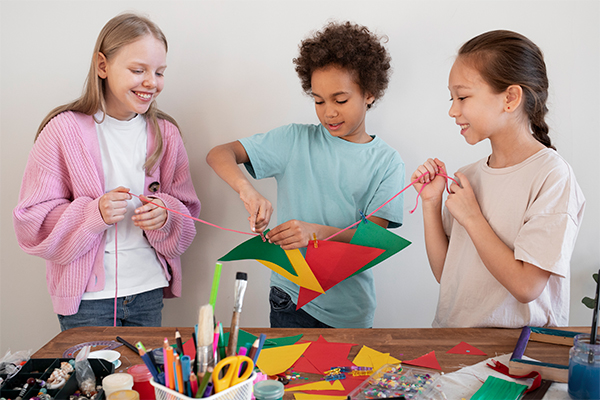
Informal education frequently promotes cooperative learning, in which students work together to solve issues and accomplish mutually agreed-upon objectives. This can assist in developing learners’ social skills and feelings of community, as well as offering opportunities for learners to provide and receive feedback and support from one another. Cooperative learning also helps in developing personality development for kids.
6. Learning Tailored to the Individual
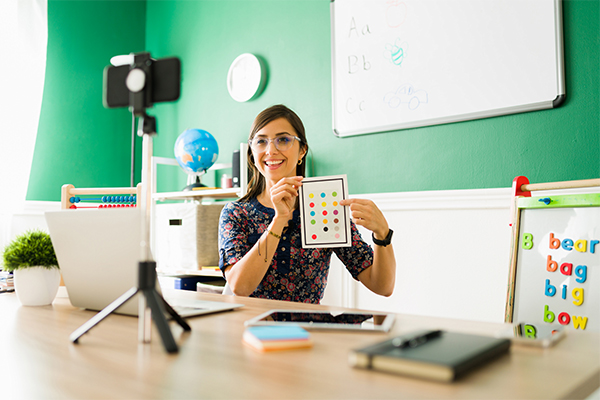
Because informal education is learner-driven and has much leeway for modification, it may be greatly customized to meet the requirements and interests of certain students. Learners are, therefore, able to concentrate on the topics that are most pertinent to them and fascinating to them, which can contribute to developing an experience that is both more engaging and productive.
7. Self-Directed Learning

Instead of being something that comes to an end once a person has completed their formal education, informal education might be something that continues throughout one’s entire life. This can be particularly important in the modern world, where the rate of technological change is rapid and ongoing learning is often required to stay competitive in the job market. This can help individuals continue to develop their skills and knowledge throughout their lives, which can be particularly important in the modern world.
8. Informal Assessment
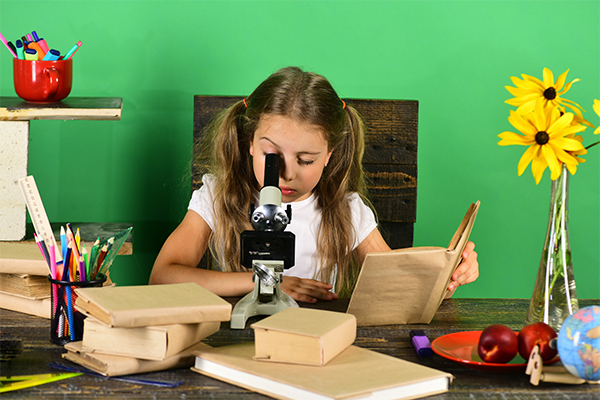
In conclusion, informal education frequently includes informal evaluation, which contrasts with formal education’s emphasis on standardized testing and grades to evaluate students based on how well they perform in authentic settings. Learners can see the practical effects of their education and receive feedback on their progress more organically when this occurs, which can assist in creating a more authentic and meaningful learning experience.
Visit: writing skills for kids
Parting Words
These are some of the characteristics of informal education. Being a significant and valuable method of education, informal education is an approach to learning that is ideally adapted to meet the requirements and satisfy the interests of modern students. Individuals can learn at their own pace and in a relevant and engaging manner, thanks to its non-structured, self-directed, and personalized nature. Additionally, the emphasis on experiential and collaborative learning can help to build important skills and foster a sense of community among learners. Informal education has the potential to be a process that continues throughout a person’s life, serving as a foundation for continued learning and development. As a result, this method should receive more attention and acknowledgment as an important component of the educational landscape of the current era.


